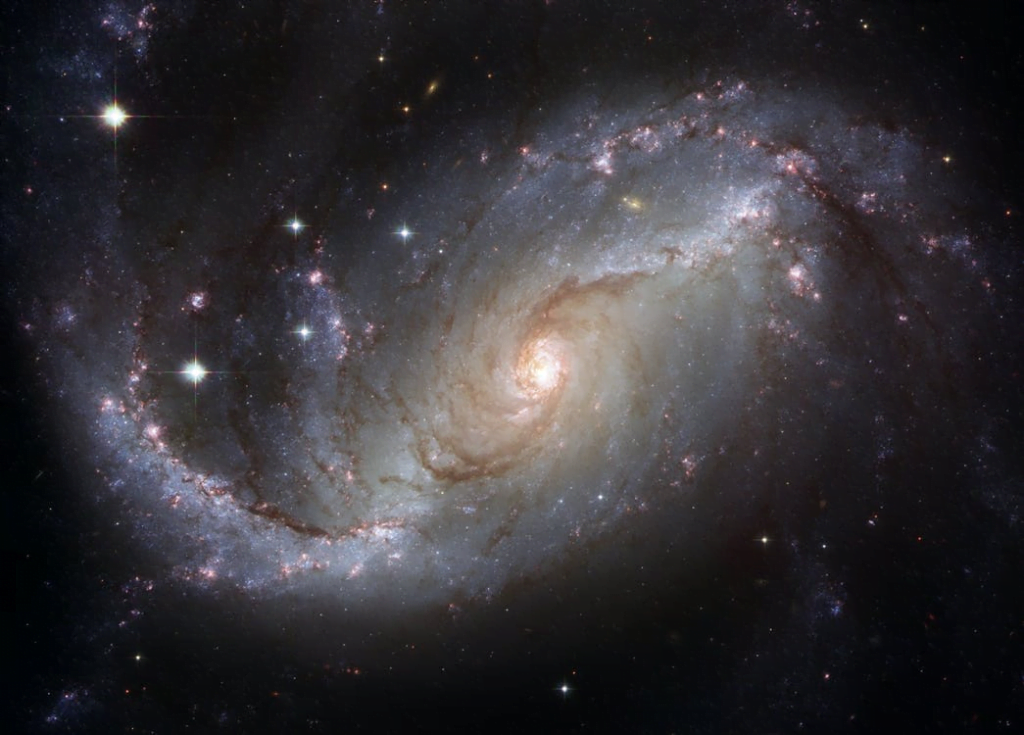“The most beautiful and profound emotion we can experience is the sensation of the mystical. It is the source of all true art and science.”
– Albert Einstein
For centuries, science and spirituality have been perceived as opposing forces that cannot coexist. Science is viewed as the discipline that seeks to explain the world through empirical evidence and rational inquiry, while spirituality is often associated with beliefs that are not based on objective evidence or logic. However, as we advance in our understanding of the universe, it is becoming increasingly clear that science and spirituality can complement each other, and that their relationship is more complex than previously thought. In this article, we will explore the harmonious relationship between science and spirituality and examine how they can coexist.

Science and spirituality both seek to understand the world, but they do so in different ways. Science uses the scientific method to investigate and understand the natural world. The scientific method involves observation, hypothesis testing, and empirical evidence to support or reject theories. Science seeks to explain the world through natural phenomena and empirical data. On the other hand, spirituality seeks to understand the world through an inner experience, intuition, and personal insight. Spirituality explores the unseen, the unexplained, and the unknowable.
Despite their differences, science and spirituality have a shared goal of understanding the world around us. They both strive for knowledge, truth, and understanding. However, their methods of inquiry are different, and this has led to a perceived divide between the two.
In recent years, scientists have become increasingly interested in exploring the relationship between science and spirituality. One area of research that has gained a lot of attention is the study of consciousness. Consciousness is the awareness of our thoughts, feelings, and perceptions. Scientists have been investigating the neural basis of consciousness and how it relates to spirituality.
For example, research has shown that meditation and mindfulness practices can alter brain function and improve cognitive function. Studies have also shown that spiritual practices can lead to increased well-being, reduced stress, and improved mental health. Scientists are beginning to recognize the importance of spirituality in promoting mental health and well-being.
Moreover, some physicists and cosmologists have explored the relationship between spirituality and the universe. For example, some have suggested that the laws of physics and the universe itself may be the result of a conscious intelligence. Others have explored the idea of a multiverse, where there are multiple universes that are interconnected and influenced by consciousness. While these ideas are still highly speculative, they demonstrate a growing recognition of the importance of spirituality in understanding the universe.
The relationship between science and spirituality is not just limited to research. Many scientists and researchers have found that their scientific work has deepened their spiritual understanding. For example, Albert Einstein, one of the greatest scientists of the 20th century, was deeply spiritual. He once said, “Science without religion is lame, religion without science is blind.” Einstein believed that science and spirituality were complementary and that they both sought to understand the same underlying reality.
The relationship between science and spirituality is also evident in the field of quantum mechanics. Quantum mechanics is the branch of physics that deals with the behavior of matter and energy at the smallest scales. It has led to some of the most counterintuitive and mind-bending ideas in science, such as the concept of entanglement and the uncertainty principle.
Quantum mechanics has also raised profound philosophical and spiritual questions about the nature of reality. For example, some interpretations of quantum mechanics suggest that reality is not fixed but is instead dependent on the observer. This idea has led some to suggest that consciousness plays a role in creating reality. While this is a highly speculative idea, it demonstrates the growing recognition of the relationship between science and spirituality.
In conclusion, the relationship between science and spirituality is more complex than previously thought. While they use different methods of inquiry, they share a common goal of understanding the world around us. Science seeks to explain the world through empirical evidence and rational inquiry, while spirituality seeks to understand the world through personal insight


